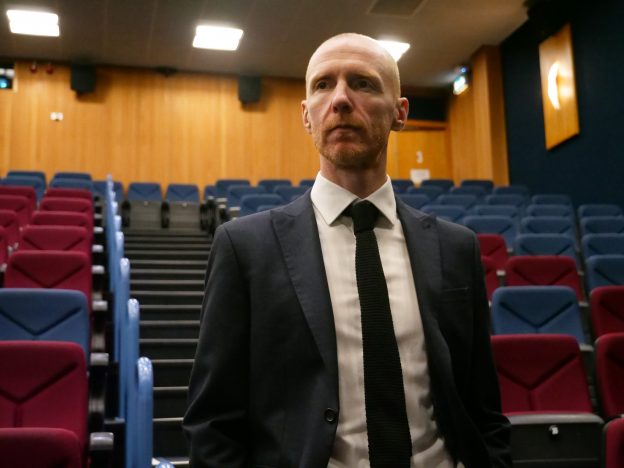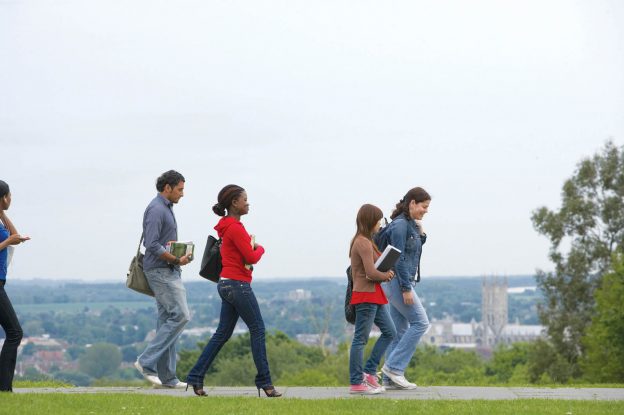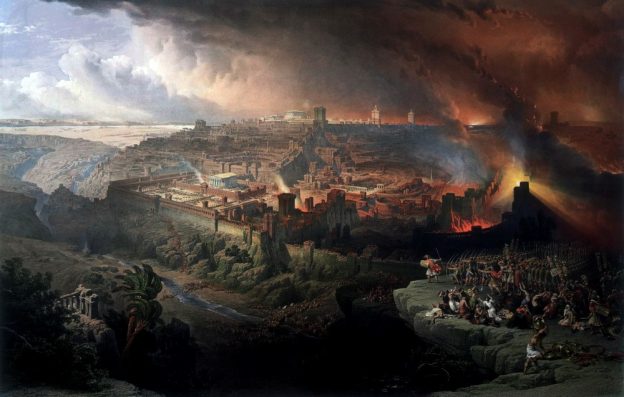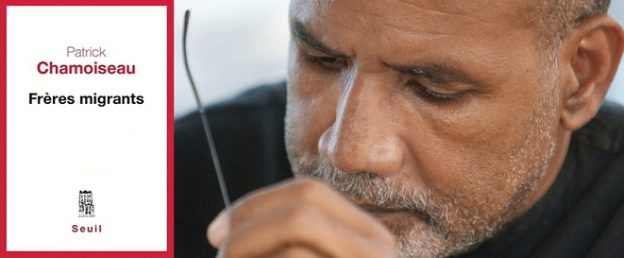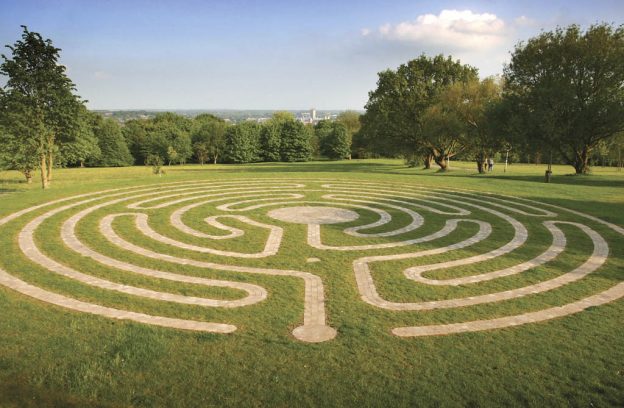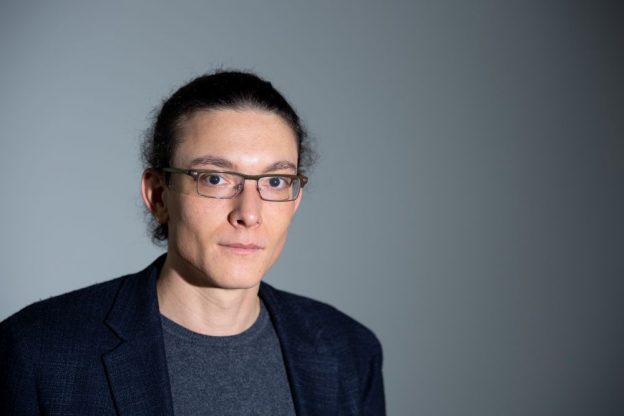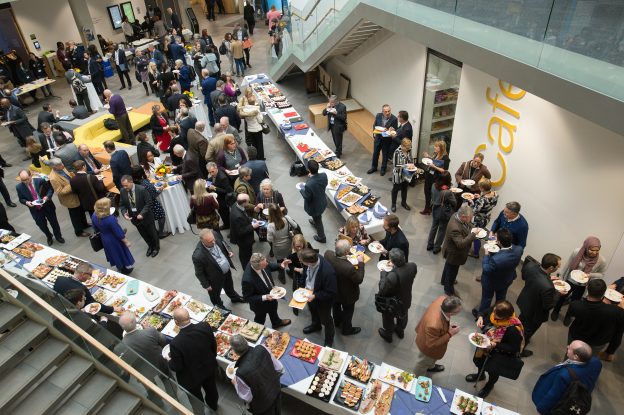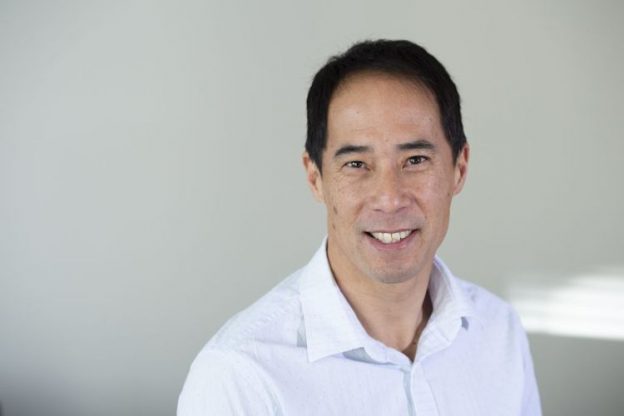Dr Alvise Sforza Tarabochia, Lecturer in Italian, has been interviewed by UniTo News at the University of Turin about a module that he is introducing there during the summer term. The module introduces the main narratives and representations of madness and mental disorders that emerged over the course of history. An English translation of the article (from the original Italian) is below:
To learn the history of the representation of madness and mental disorders; to critically connect these representations with science, medicine, society, culture and politics; to understand the reciprocal influence of society, science and history in the way mental disorders and madness have been represented and understood: these are the aims of the module ‘Storytelling and Mental Disorders’ that Alvise will deliver in May and until Friday 7 June.
The module, open to all students of psychology, social sciences and humanities introduces the main literary and visual topoi that have governed the representation of mental disorders, including for instance physiognomics and phrenology in their connection with painting, photography and medicine.
Lectures will also cover the lunatic asylum as a space of segregation, and will analyse the first person narratives of inmates, patients and psychiatrists, assessing the impact that literature and the visual arts have on therapeutic applications of storytelling.
Alvise explains: “The bond between psychoanalysis and literature is strong. The greatest revolution that psychoanalysis brings about is narrative and literary because it advances that symptoms of mental disorders speak and have a meaning, they develop to give meaning to experiences that would otherwise be unintelligible”.
